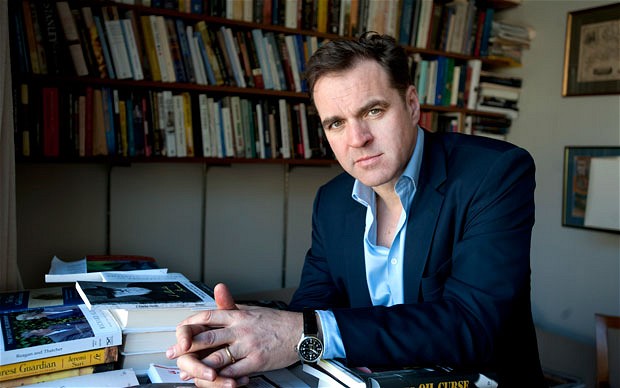
Mike Pence on Leadership and the Future of the Republican Party
Former US Vice President Mike Pence looks back on the events of January 6 2021, his final days in office with President Trump and his…
Thought Leader: Mike Pence

By Niall Ferguson (original source Prospect)
“Is big tech too big? In the past year, interest has grown in the idea that the giants of Silicon Valley have morphed into monopolies. Tim Wu of Columbia Law School argues they should be broken up: Facebook should relinquish Instagram and WhatsApp; Google should give up YouTube and DoubleClick; Amazon should spin off Amazon Web Services. Such arguments have ceased to be the preserve of progressives. Even President Donald Trump is said to have “wondered aloud if there may be any way to go after Amazon with antitrust or competition law.”
We’ll hear a lot more about breaking up big tech in 2019. However, there are significant problems with anti-trust law that we would do well to note. History tells us that enforcing competition against big concentrations of capital is harder than it looks. The analogy with John D Rockefeller’s Standard Oil is often drawn (I’ve heard Google referred to as “Standard Data”). Antitrust law was developed in the US over a century ago, as a response to the rise of trusts and combinations—that is, cross-ownership and management structures facilitating collusion. At first, Standard Oil had been praised for bringing down the price of kerosene. However, in the early 1900s, journalists helped turn public opinion against Rockefeller. Supreme Court Justice Louis Brandeis coined the phrase “the curse of bigness,” arguing that firms could be too big to treat employees on equal terms, to be efficient, and to treat rivals fairly. A landmark 1911 judgment broke Standard Oil up into no less than 34 separate firms.”
Click here to read more
Mike Pence on Leadership and the Future of the Republican Party
Former US Vice President Mike Pence looks back on the events of January 6 2021, his final days in office with President Trump and his…
Thought Leader: Mike Pence
Marc Short on U.S. Investment in Critical Minerals
Why do critical minerals matter now? Marc Short explains how U.S. investment in critical minerals fits into a broader strategy around economic security, manufacturing, and…
Thought Leader: Marc Short
Marc Short on AI Policy and the Government’s Role in Chip Technology Investment
On CNBC, Marc Short breaks down the role of AI policy and how government investment is shaping the future of chip technology. A former Chief…
Thought Leader: Marc Short

